Interview: Ingibjörg Halldórsdóttir, IceDocs
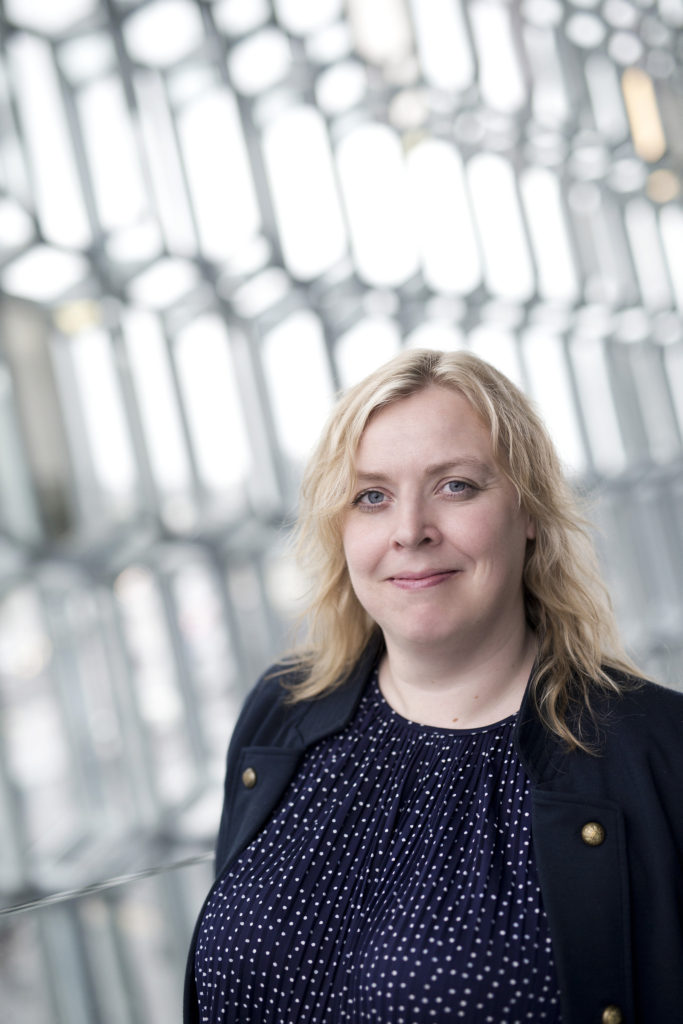
The first edition of the Iceland Documentary Film Festival – IceDocs in Akranes has just wrapped in, and it turned to be a very special experience with a meticulously programmed competitions and sidebars, while at the same time being well organized and intimate. It is truly one of the best film festival experiences that all of the invited guests – be it filmmakers, film critics or people working in the film industry have ever had to do with – which made us naturally curious.
We set down to speak to Ingibjörg Halldórsdóttir, who co-founded the festival together with filmmakers Heiðar Mar Björnsson (who is from Akranes) and Hallur Örn Árnasson, about the birth of IceDocs, the concept behind it and her visions of its future.
The first question that immediately comes to mind is – why setting up an international documentary film festival in Akranes of all places?
I live close to Akranes and I realised that if we wanted to make a festival, it should be in a special place, also in terms of creating good atmosphere for the guests. Akranes is a very unique place in Iceland because it doesn‘t have many tourists. The town is a mixture of old and new, and it has an excellent cinema, which I love and think that it should be used a bit more by the locals. We have long days during the festivals, so I thought it would be nice to have the venue somewhere close to home. I used to work for RIFF and driving back home after a 16-hour long working day was tough, including sleeping only three hours and returning to work. Besides, one of the festival co-founders and a filmmaker
How did you approach the selection of films?
Hallur Örn Àrnasson and I did the programming together, which involved many late evening phone calls regarding the decision-making. We settled for what I believe to be a fantastic programme, and we are really proud of it.
How many films were submitted?
It was a total of 260 submissions this year, which we found a good number for the first edition We had a great team with us that went through the most of them, and we tried to do it in such a way, that there always were two people watching the films to get a clearer view in selecting the right ones. If we had two negative responses to a film, we would exclude it, otherwise we would it again and try to see what was happening, and why someone didn’t like it.
Besides a strong competition section and many side-bar programs, you have a retrospective of the Icelandic filmmaker Þorgeir Þorgeirson. How did that come to being? His films were only recently restored and digitalized.
We were discussing if we were to have the guests of honor, but then we settled for something that would fit our agenda which is to promote the Icelandic documentaries. It’s a feasible media, and people should be paying more attention to it. It completely fitted into a program to have a retrospective of someone who was actually committed to artistic documentaries, and Hallur is a huge fan of his work. There are not many people who are acquainted with his film, but those who do, they are extreme fans of him. Hallur also wanted everyone to know about Þorgeir Þorgeirson and make them not forgetting his legacy, so he went on his mission. We got the support of the Icelandic film museum that helped with scanning and restoring the films. It was actually a very unique opportunity to do this right now, and we were very lucky of making it happen during our festival.
When you were thinking of the side programmes, what did you want to put in focus in talks and panels?
We wanted to explore the deeper meaning of what makes the documentaries unique. But we also wanted to connect and support the filmmakers. I am watching them from the outside, so to speak, and I see the way they are struggling with financing and making their films. In Iceland it usually takes years to complete a documentary. We are trying to find out how it is done abroad, how films are made in other countries and what we can learn from different ways of making them happen.
Is the exploration also a part of the workshops that young filmmakers were participating at?
Definitely! Their focus is on the environment and how they can get inspired by it. They were also taking walks in nature and using such an experience to explore how to express themselves. At the same time, they were learning from other filmmakers, and our guests generously offered to talk to them. But we also had our local filmmakers sharing their expertise and experience with the workshop participants.
Did they have a final project to present?
They started of with a pitching project, but they were not to complete a film. Their task was to explore the possibilities and to work on their ideas.
Do you already have a vision for the future development of IceDocs?
We started of knowing that the first year would be tough in terms of funding and making people understand what we are doing. I presume that the next three years will be like this before people get used to us and start frequenting the cinemas. We are so happy that the international guests, not just the journalists, filmmakers and film critics, but also the distributors and producers welcomed us. I already have a plan for the next 15-20 years, and I hope that this festival will eventually create projects that will result in big documentary productions made within next few years. I hope that we will be able to become a platform where people from all corners of the world will interact and grow together. I don’t ant us to become a big, industry-oriented festival, particularly regarding to the intimacy of smaller festivals where you can get to know people quite well during dinners and special events within 4-5 days. I am hopeful that this kind of community will result in good contacts.
In an ideal world, how do you see IceDocs in five years’ time
More locals in the cinema, that’s for sure. Otherwise, I see it pretty much the way we have it right now. I like the set-up, but I wish that in the future, the community will join us in the cinema.









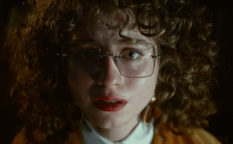
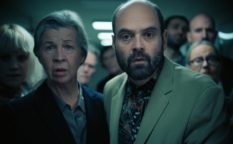
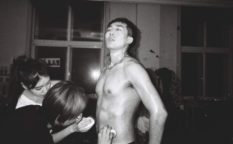
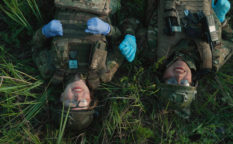
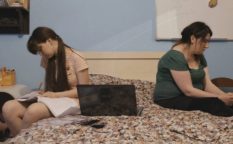
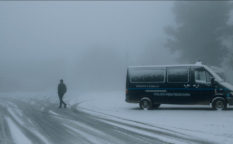
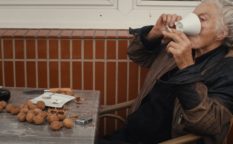
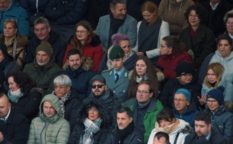
Rætt við Ingibjörgu Halldórsdóttur stjórnanda IceDocs | Klapptré
2019-07-26 @ 18:51
[…] Sjá nánar hér: Interview: Ingibjörg Halldórsdóttir, IceDocs […]
2019-07-26 @ 18:54
Thank you for sharing